UNIVERSAL ARTS SCHOOL desde 1994







Desde 1994, en Universal Arts School te enseñamos con pasión la metodología que te permite desarrollar tus habilidades creativas y que tengan un alto valor en el mercado.


En Universal Arts School, contamos con un equipo de instructores altamente capacitados, profesionales con amplia experiencia en la industria y que están comprometidos a guiarte en cada paso de tu camino. Nuestro enfoque práctico y orientado a proyectos te brindará la oportunidad de aplicar tus habilidades en situaciones reales y construir un portafolio impresionante.
El cine digital ha revolucionado la forma en que se crea, produce y consume el séptimo arte. Ahora tenemos la capacidad de crear imágenes impresionantes, efectos visuales asombrosos y narrativas inmersivas que desafían los límites de la imaginación.
La formación de programación de videojuegos está enfocada a instruir a los alumnos para que puedan realizar cualquier tipo de mecánica que requiera el videojuego que vayan a desarrollar, desde control del personaje, IA 's de enemigos hasta grandes sistemas.
La animación de personajes 3D es el arte de dar vida a unos personajes 3D inanimados. Los conocimientos y la creatividad del artista al animar a los personajes han de lograr que la audiencia perciba como creíbles el movimiento, el comportamiento y las emociones de los personajes.

¿Aún no estás preparado? No te preocupes, habla con uno de nuestros asesores especializados y te ayudaremos a encontrar el camino hacía tu éxito profesional.
SABER MÁS
Durante tu visita, tendrás la oportunidad de hablar con tu asesor, explorar nuestras instalaciones de última generación y ver de primera mano cómo nuestros estudiantes trabajan en sus proyectos.
SABER MÁS